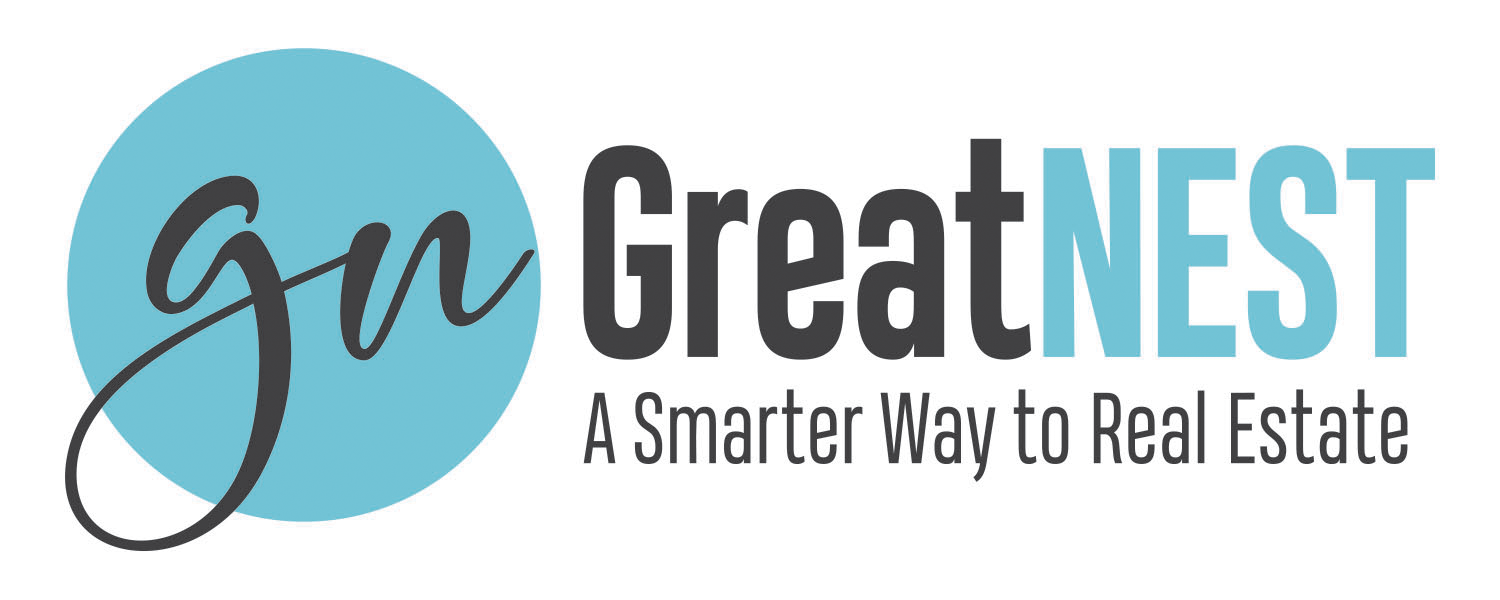 Estimating a seller's net proceeds - or a buyer's cash needed to close - is a complex process that is easy if you know all of the fees that must be paid when a piece of real estate sells. We've been selling real estate in the Triad for more than a decade, so we've had lots of practice and are proud of our ability to be very close to dead on. There are however a couple of 'wild-cards' in the real estate settlement process that can vary widely. That does not mean they cannot be anticipated, but because they can go up or down depending on which day closing occurs, any unanticipated change in closing date can change these figures.
Estimating a seller's net proceeds - or a buyer's cash needed to close - is a complex process that is easy if you know all of the fees that must be paid when a piece of real estate sells. We've been selling real estate in the Triad for more than a decade, so we've had lots of practice and are proud of our ability to be very close to dead on. There are however a couple of 'wild-cards' in the real estate settlement process that can vary widely. That does not mean they cannot be anticipated, but because they can go up or down depending on which day closing occurs, any unanticipated change in closing date can change these figures.
First of these varying fees is the Interest Adjustment. Remember when you bought your last house? You probably skipped a month's payment, starting to make your payments on the first of the next full month. That's because mortgage interest is paid in arrears. The interest in your June 1 payment is actually covering the month of May. So, a borrower who closes on the 18th of March (a 31 day month) pays 13 days of interest on the new mortgage - which covers the remaining days in March - and then makes his or her first full monthly payment May 1, seemingly skipping April. If closing is delayed 5 days, that's 5 days less interest the buyer must pay at closing. On a $200,000 30 year mortgage at 3.75% we're talking about almost $21 a day in interest.
There is a similar calculation for the seller as well. In the same transaction, after having made the March 1 mortgage payment, the seller still owes 18 days of interest to bring the mortgage current at closing. Since many real estate closings occur near the end of the month, the Interest Adjustment for sellers can be quite large. We usually estimate a full month of interest for our sellers, coming up with a worse case scenario. If we close earlier, there's a nice bonus.
Taxes must also be prorated with the seller either bringing the taxes on the property current to the day of closing OR receiving a credit for future days that have already been paid. In Guilford County, the property taxes are due in early January for the previous year. So, back to our hypothetical transaction, the seller in that March 18 closing must pay property taxes for January - February and 18 days of March. A delay in closing can cause that expense to increase.
If the seller has an impound account for accumulating taxes and insurance on the property as monthly mortgage payments, it will come into play as well. Often (but not always) there is a refund. Conversely, when the borrower closes on a mortgage with an impound account, he or she must make an initial deposit at closing to open that account. That can vary by lender policy and by date of closing, which makes it one of our wild-cards.
Sellers often get a refund for pre-paid homeowner's insurance. Buyers on the other hand must have a policy in place covering their first year in the property when closing occurs. By the way: do you have to have homeowner's insurance? If you have a mortgage the answer is almost always yes. If not, the choice is yours, but deciding against it might be the biggest mistake you'll make in your life!
As you can tell, estimating your net proceeds or cash needed to close is not easy! And it can be a moving target depending on which day of the month closing occurs. At GreatNest and the Vincent Group we complete an estimate at least three times for seller clients: at time of listing, whenever an offer is presented, and a few days before closing. For buyers, we estimate funds needed to close when an offer is written and negotiated and then again, a few days before closing. Our goal is always the same: no surprises, and our track record at avoiding them is excellent!
